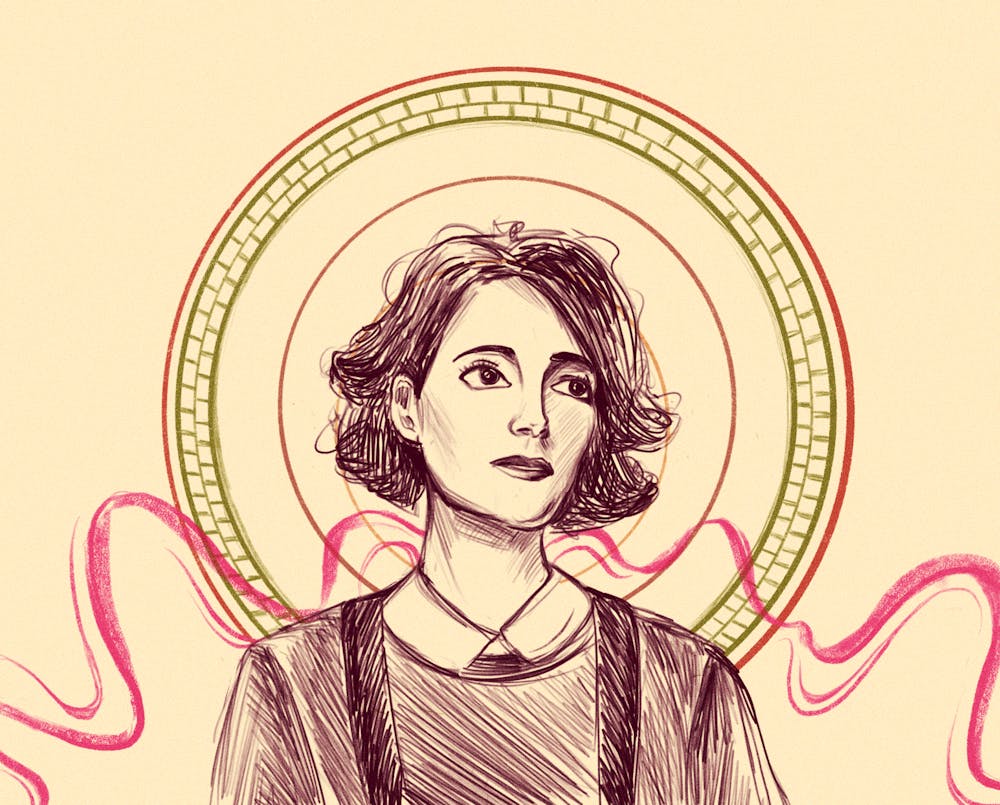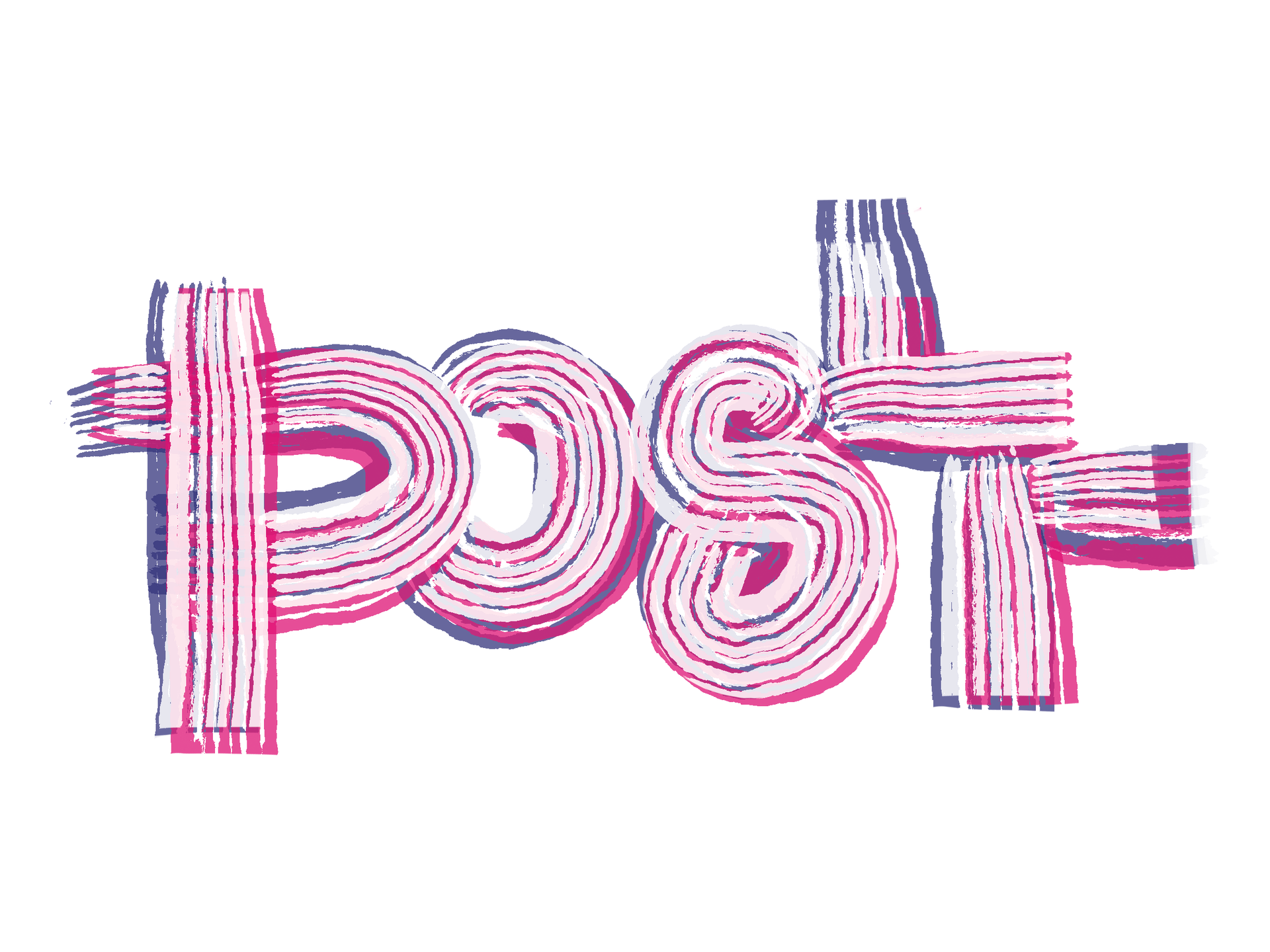In the very first episode of Fleabag, a beloved comedy-drama, the titular character and her sister Claire attend a feminist lecture together, in which the speaker asks the audience: “Please raise your hands if you would trade five years of your life for the so-called ‘perfect body.’” The rest of the audience stays perfectly still, but Fleabag and Claire raise their hands, exchanging sheepish glances. “We are bad feminists,” Fleabag whispers to Claire.
What is a “bad feminist?” A younger me thought it was a woman who was passive, submissive, or emotional—any diversion from the quintessential strong, independent woman. Having long since outgrown this opinion, it now feels impossible to answer.
A lot of critics seem to think that Fleabag, as a show, is “bad feminism.” The case against what people have been calling “Fleabag feminism” or “dissociative feminism” is that it moves away from complaining about or acting against oppression to passively wallowing in it, or laughing at it with deadpan humor. But this discourse is itself placing the burden on women to rage against the machine all the time—that can get exhausting. Fleabag presents a deceivingly radical alternative: the luxury of basking in your own uniquely feminine pain.
In the show’s second season, Fleabag meets Belinda, an older woman who has just won an award for ‘women in business.’ In one of the show’s most iconic speeches, Belinda tells Fleabag: “Women are born with pain built in. It’s our physical destiny—period pains, sore boobs, childbirth. We carry it within ourselves throughout our lives, men don’t. They have to seek it out. They invent all these gods and demons and things so they can feel guilty about things, which is something we do very well on our own.” I have recently started re-watching this scene every time I am on my period, curled up in pain and indulgently angry at the universe and god and my body for putting me through it. This simple acknowledgement of pain is incredibly powerful for many reasons—but for me, it is also just a comforting way to wallow.
Another point of contention is that dissociative feminism tends to center white, privileged, attractive women—Fleabag has often been compared to Ottessa Moshfegh and Sally Rooney’s characters. Emmeline Clein—who coined the term ‘dissociative feminism’—argues that although these characters seem ‘relatable,’ the virtue of their position makes them just the opposite. Granted, most women can’t escape their trauma by choosing to sleep through an entire year like Moshfegh’s protagonist in My Year of Rest and Relaxation—but then again, nobody is claiming that these women are models for coping. They are all very explicitly and consciously self-destructive. They are clearly not demographically representative of women everywhere, but their emotional journeys have, at a very fundamental level, transcended these boundaries and resonated with audiences across the globe. Even in the one aforementioned scene from the show’s first episode, both Fleabag’s unabashed admission and the embarrassment that seeps through her self-effacing whisper are undeniably relatable and universally feminine.
In two lines, Phoebe Waller-Bridge manages to express that her characters are deeply uncomfortable in their bodies while also ensuring that this does not pass as normalized or ideal. The honesty reaches another level: the very internalization of responsibility and pressure that seems to be reflected in the critics of “Fleabag feminism.” Her reaction does not hold the male gaze or the larger systems at play responsible for her instinctive choice; it instead prescribes accountability to herself and her sister. We are bad feminists.
Fleabag has been criticized for implicating all women in bearing the burden and accountability of their plight. But ultimately, this comes down to a misunderstanding of the story Fleabag is telling. It did not set out to be the next groundbreaking feminist media; it simply chronicles “one single woman’s existence,” a review in the New Yorker states. And the internalization of blame is a very real—and relatable—part of this existence. It is “something we do very well on our own.”
So although it ends up being both anyway, Fleabag is far more concerned with being honest than feminist. The opening sequence of the first episode starts with Fleabag asking the audience a question: “You know that feeling when a guy you like sends you a text at 2 o’clock on a Tuesday night and asks if he can ‘come and find you’ and you accidentally make it out like you’ve just got in yourself, so you have to get out of bed, drink half a bottle of wine, get in the shower, shave everything, put on some agent provocateur business, suspender belt, and wait by the door until the buzzer goes—and then you open the door to him like you’d almost forgotten he was coming over?”
It could be anyone saying this, but it is also so specific that it could only be her. That’s part of the magic of Fleabag—the show toes the line between hyper-specificity, vivid interiority, and universality so adeptly that it becomes impossible to pin down emotions demographically. She is too particular to be representative of a category, and therefore, somewhat paradoxically, she cannot be confined to one.
While she’s flirting with a guy she is clearly not attracted to on a bus, she looks at the camera and says “I hate myself” before continuing anyway. “I’m not obsessed with sex, I just can’t stop thinking about it… the performance of it, the awkwardness of it, the drama of it, the moment you realize someone wants your body. Not so much the feeling of it,” she tells the audience in a different episode. The physical facts of Fleabag’s life could not be farther removed from mine, and yet as I watch, I cannot help but feel like it could just as easily be me.
In both these moments of unbridled honesty, Fleabag is speaking into the camera, directly addressing the audience. This is the “dissociative” part of “dissociative feminism”—it seems as though she is stepping out of her own body, hovering above or outside of it. It is her secret ritual throughout the show, and I see why this has been viewed as “dissociative” or nihilistic; in these moments of direct address, she is often delivering quips and deadpan jokes, clearly a coping mechanism to deal with the casual anguish and insanity of her life.
But it is also in these moments that she makes herself extremely vulnerable to the audience—she pours out all her self-loathing, her need to feel desired, and her tortured loneliness to the camera, cutting through scenes where she continues acting unaffected in her real life. The duality of it, the interrupting of her ‘normal’ behavior to address the audience with admissions like “I hate myself,” make her all the more vulnerable for exposing the performance of her interactions with other characters. To me, it seems almost like a ritual of confession—not entirely unlike the literal confessional scene in the second season, where she truly opens up to the priest (as well as the audience) in a church.
“I want someone to tell me what to wear in the morning,” she says. “I want someone to tell me what to eat, what to like, what to hate, what to rage about, what to listen to, what band to like… I want someone to tell me what to believe in, who to vote for, who to love and how to tell them. I think I want someone to tell me how to live my life, father, because so far, I think I’ve been getting it wrong.”
No matter how independent she seems, Fleabag has an impulse for vulnerability and dependence from the very first time she confesses to the audience—the church scene toward the end of the series only formalizes the ritual, maybe taking it one step further.
This is the most universal, relatable thing in the world—I imagine all of us as carrying around at any given time a secret desire to burst at the seams, break down, open up, no matter how many layers of irony and restraint it is buried under. There is an unexpected power in Fleabag’s admission of this desire, and in her realization of it.
I grew up idolizing the ‘girlboss’ characters who were completely in control of every room they walked into, who affected the world around them much more than they were affected by it. But I’ve always known I would never truly be one of them—I feel everything to an inconvenient degree, I can’t stop myself from crying when I’m angry or frustrated or even confused, and I get attached to places and people way too quickly. But as I got older, I found myself drawn to the vulnerable women in books and TV, the ones who felt everything in excess—from Jane Austen’s Marianne in Sense and Sensibility to Sally Rooney’s Marianne in Normal People. Like Fleabag, these characters appealed to me for their honesty: They seemed far closer to my truth than the completely independent girlboss, who is viewed as successful only at the cost of her “traditionally female” emotionality.
There’s a reason so many people swooned at the heart-breaking moment between Fleabag and her priest at the end of the series. Apart from the tragedy of tender love being torn apart by unavoidable circumstances, it is also where we see Fleabag at her most vulnerable. After a few moments of pause, she asks "Is it God, or is it me?" She knows the answer before asking, but he confirms her fate anyway. "It's God, isn't it?" In that moment, she is completely powerless—there is absolutely nothing she could do to be with him. But there’s a unique intimacy to this powerlessness, layers of trust, sincerity, tenderness, and courage as she makes herself even more vulnerable, returning to her ritual of confession: “You know, the worst thing is that I fucking love you,” she says. She stops him before he can respond. She wants to let the words settle around them, to bask in the emotion of it—which is all she can do as she sits there, waiting for it to pass.




